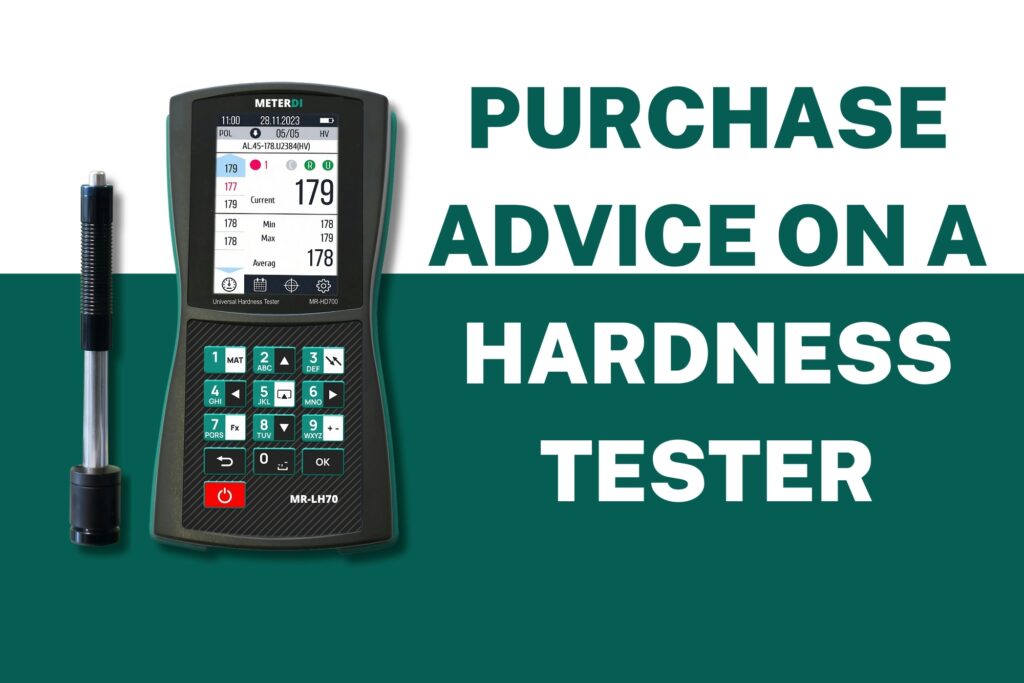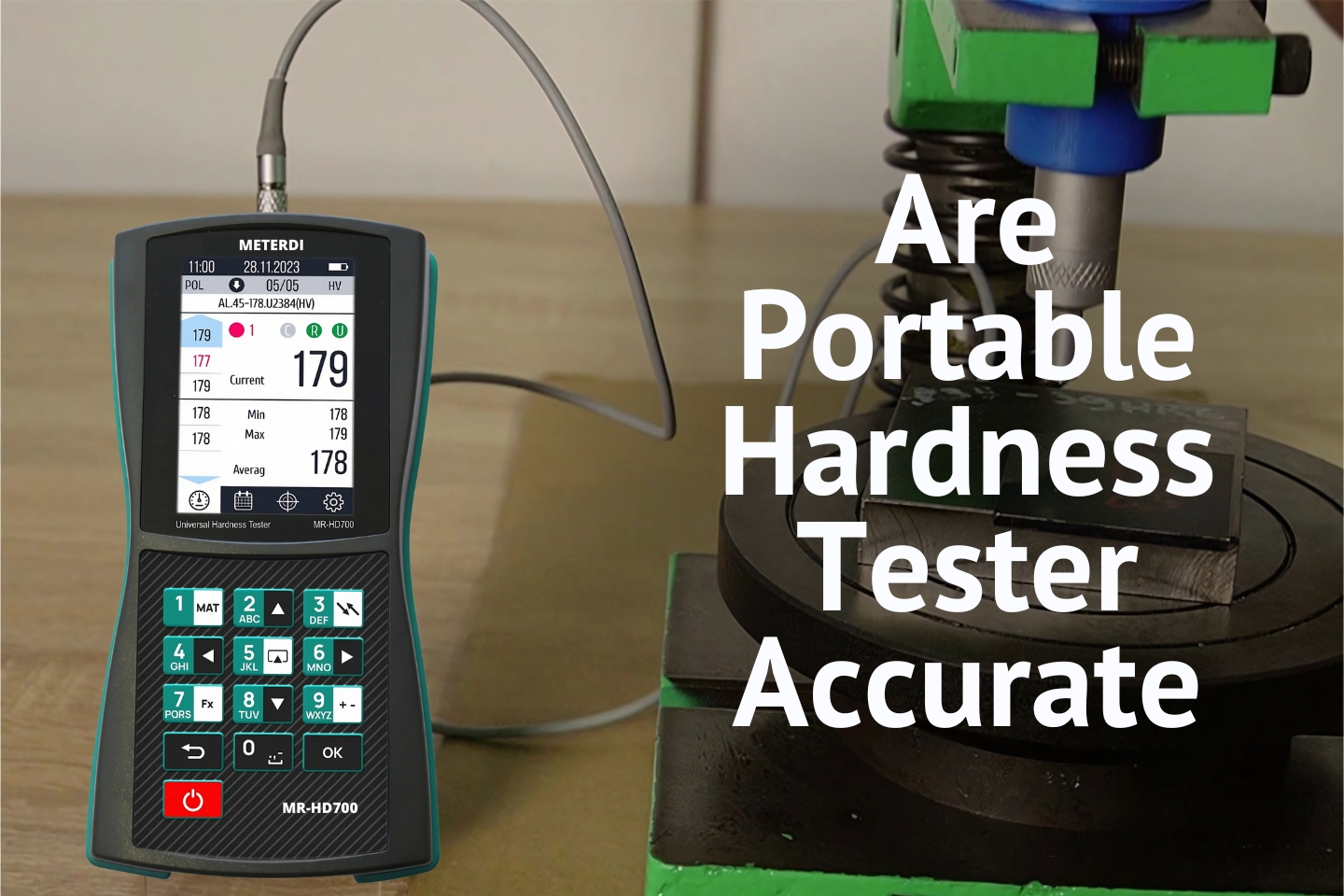Purchase Advice on a Hardness Tester
When it comes to material testing, hardness testing plays a crucial role in ensuring product quality, durability, and compliance. Choosing the right hardness tester depends on several factors including the material type, industry requirements, and test method.
In this guide, we provide expert purchase advice on a hardness tester, highlighting the differences between models like the UCI hardness tester, Leeb rebound hardness tester, and others. We’ll also cover the types of hardness tests such as Brinell, Rockwell, Vickers, and Shore D, helping you choose the most suitable portable hardness testing machine for your needs.
1. Understand the Type of Hardness Test You Need
Different hardness tests are suitable for different materials and applications:
- Brinell Hardness Test: Ideal for softer metals and materials with coarse structures. Use a portable hardness tester Brinell if you are testing castings or forgings.
- Rockwell Hardness Test: Commonly used for steel and other alloys. Choose a portable hardness tester Rockwell for quick and reliable results in industrial settings.
- Vickers Hardness Test: Perfect for small or thin materials. A hardness tester Vickers gives precise results, especially in labs or R&D units.
- Shore D Hardness Test: Best suited for hard plastics and rubbers. For elastomers or polymers, the hardness test rubber requires a hardness tester Shore D.
2. Choose Between Stationary and Portable Hardness Testers
- Stationary Hardness Testers: Offer high precision but are bulky and expensive. Recommended for laboratories or controlled environments.
- Portable Hardness Testers: Lightweight, compact, and easy to use in field applications. They’re ideal for on-site inspection and maintenance tasks.
Best Use-Cases for Portable Models:
- Pipes and welded joints
- Heat-treated components
- In-service equipment
- Large or immovable structures
3. Explore UCI and Leeb Methods for Portability
UCI Hardness Tester (Ultrasonic Contact Impedance)
The UCI hardness test uses a Vickers diamond and ultrasonic vibration to measure indentation depth. It’s ideal for fine-grain metals and small components.
- Benefits:
- Minimal surface preparation
- High accuracy for thin or hardened materials
- Compatible with awkward or angled surfaces
- Ideal industries: Aerospace, automotive, tool manufacturing
- Keywords to consider: UCI portable hardness tester, ultrasonic hardness tester price
Leeb Rebound Hardness Tester
This method measures the rebound velocity of a tungsten ball after it strikes the test surface. It’s fast and suitable for larger, homogeneous metals.
- Benefits:
- Easy-to-use and fast
- Good for castings, forgings, and large parts
- Cost-effective
- Ideal industries: Foundries, construction, heavy machinery
- Keywords to consider: Leeb rebound hardness tester, portable hardness tester for steel
4. Compare Ultrasonic Hardness Tester Prices and Features
When searching for a portable hardness tester price, keep these points in mind:
| Feature |
UCI Hardness Tester |
Leeb Rebound Tester |
| Accuracy |
High (±3 HV) |
Moderate (±6 HL) |
| Surface Prep |
Required |
Minimal |
| Portability |
High |
High |
| Suitable Materials |
Hardened steel, small parts |
Castings, large parts |
| Approximate Price |
₹1.5–3.5 Lakh |
₹75,000–2.0 Lakh |
Note: Ultrasonic hardness tester price varies based on display type, probe range, and memory capacity.
5. Match the Tester to Your Application
For Steel and Metals
Use a portable hardness tester for metals or portable hardness tester for steel with either Leeb or UCI probes depending on material type and part size.
For Rubber or Plastics
Opt for a hardness tester Shore D for rubber components and plastic parts.
For Complex Surfaces
A UCI portable hardness tester excels in curved, narrow, or irregular shapes.
For Fast On-Site Results
Choose a Leeb rebound hardness tester with direct display and data logging.
6. Check for Standards and Calibration
Make sure the instrument complies with international standards like ASTM E140, ISO 6508, or DIN EN ISO 16859. Proper calibration ensures accuracy and reliability in industrial audits.
7. Additional Features to Look For
- Touchscreen Display for easier navigation
- Multiple Probe Compatibility (D, DL, C, G)
- Data Storage and USB Export
- Bluetooth Connectivity
- Battery Life for extended field operations
Final Purchase Advice
Before purchasing, evaluate:
- The type of material you test most frequently
- The accuracy level you require
- Portability and ease of use
- Long-term support and warranty
A reliable portable hardness testing machine can save time, reduce errors, and improve your quality control process. Whether you’re testing heavy steel structures or fine metal parts, choosing between a UCI hardness tester and a Leeb rebound hardness tester will largely depend on your testing environment and material characteristics.
Looking for the Best Deals?
Compare models online and get in touch with trusted distributors. Don’t forget to inquire about:
- Demo sessions
- Calibration certificates
- After-sales service
- And the latest portable hardness tester price in India.
Recommended Models:
✅ FAQ on “Purchase Advice on a Hardness Tester”
Q1: What is the best portable hardness tester for steel?
A: The best portable hardness tester for steel is often a Leeb rebound hardness tester with a D-type probe, offering fast, reliable results in the field.
Q2: How accurate is a UCI hardness tester?
A: A UCI hardness tester is highly accurate, with deviations typically within ±3 HV, making it suitable for small, thin, or heat-treated metals.
Q3: Which hardness test is used for rubber?
A: The Shore D hardness test or Shore A, depending on material type, is commonly used for rubber and elastomers.
Q4: What is the price of an ultrasonic hardness tester in India?
A: The ultrasonic hardness tester price in India ranges from ₹1.5 lakh to ₹3.5 lakh, depending on brand and features.
Q5: Can I test hardness on large cast parts?
A: Yes, a Leeb rebound hardness tester is ideal for large, heavy, or cast metal parts due to its high-impact method and portability.
Q6: Which is better – Leeb or UCI portable hardness tester?
A: Leeb testers are better for large, homogeneous parts, while UCI testers excel on thin, small, or hardened components.
Read: How to Use a Portable Hardness Tester in the Steel Industry




